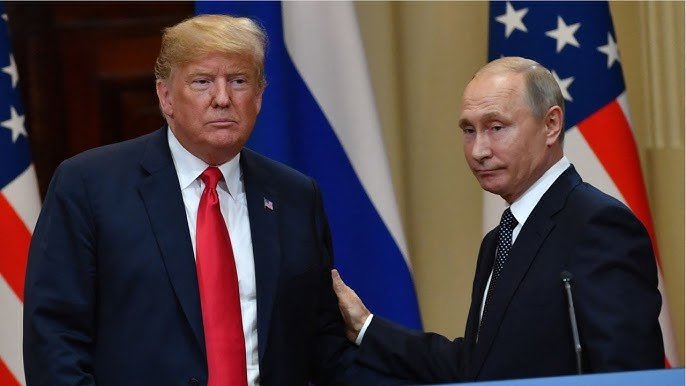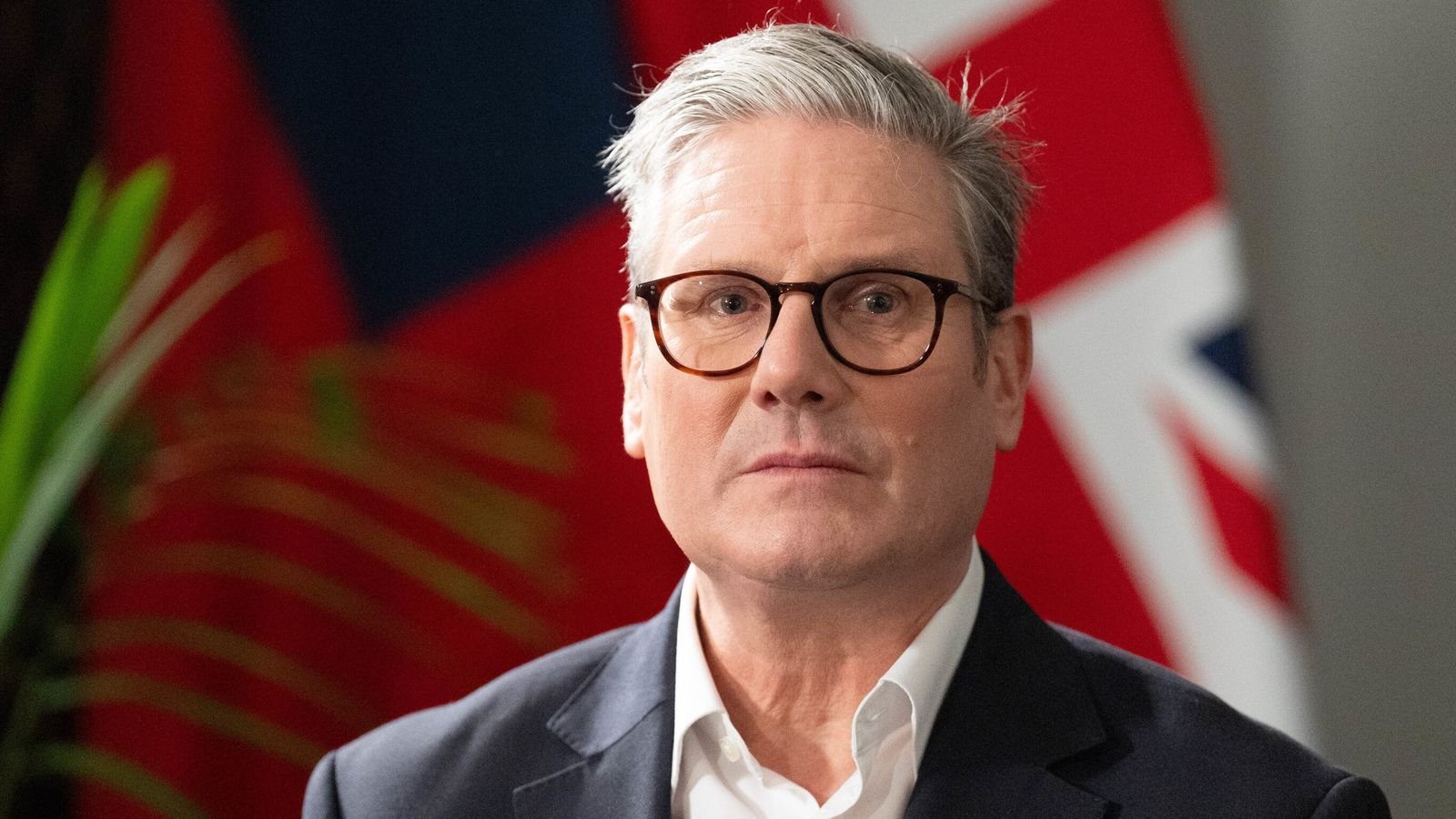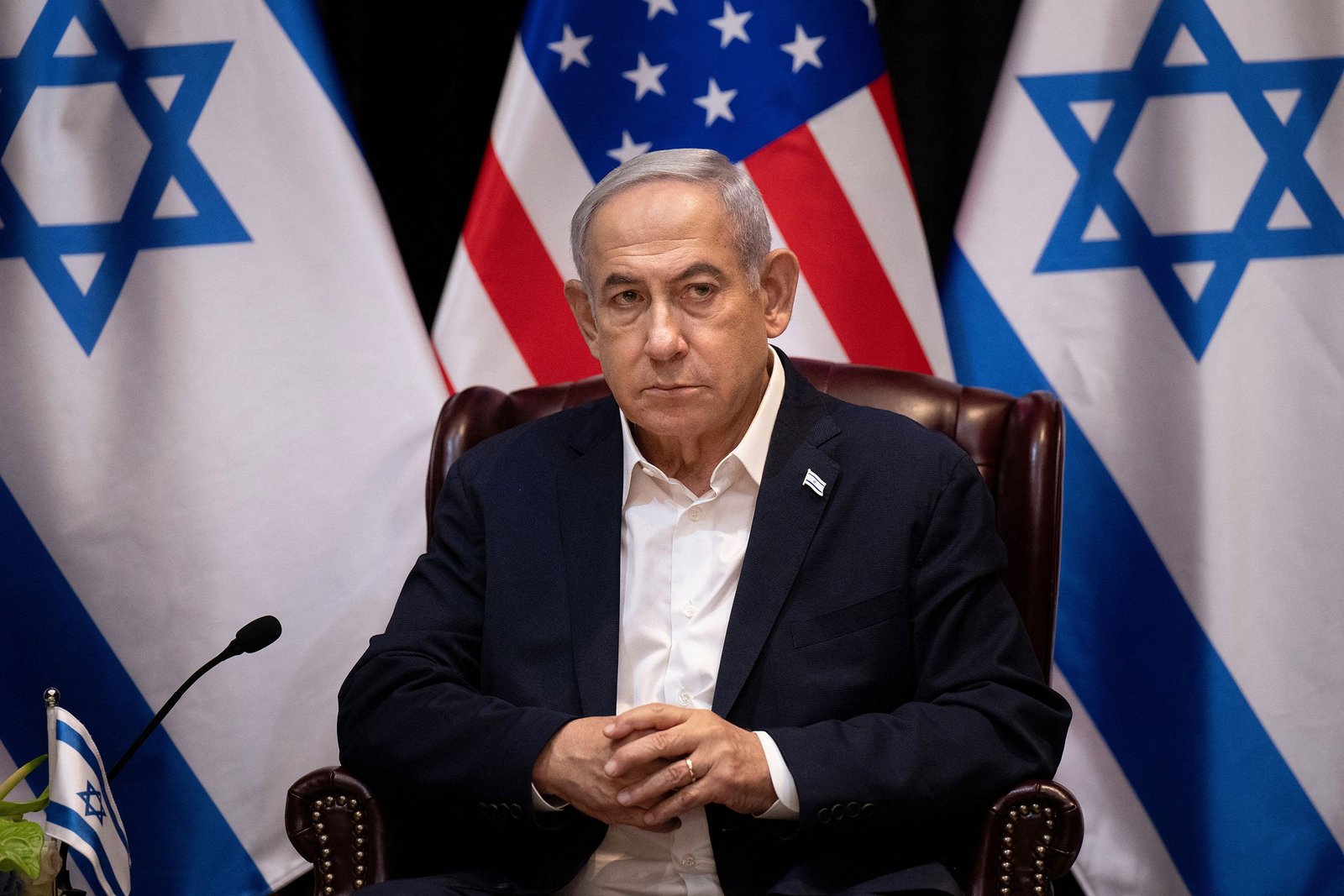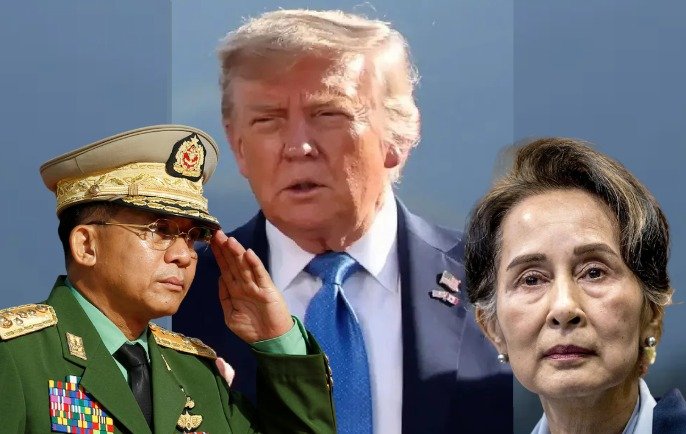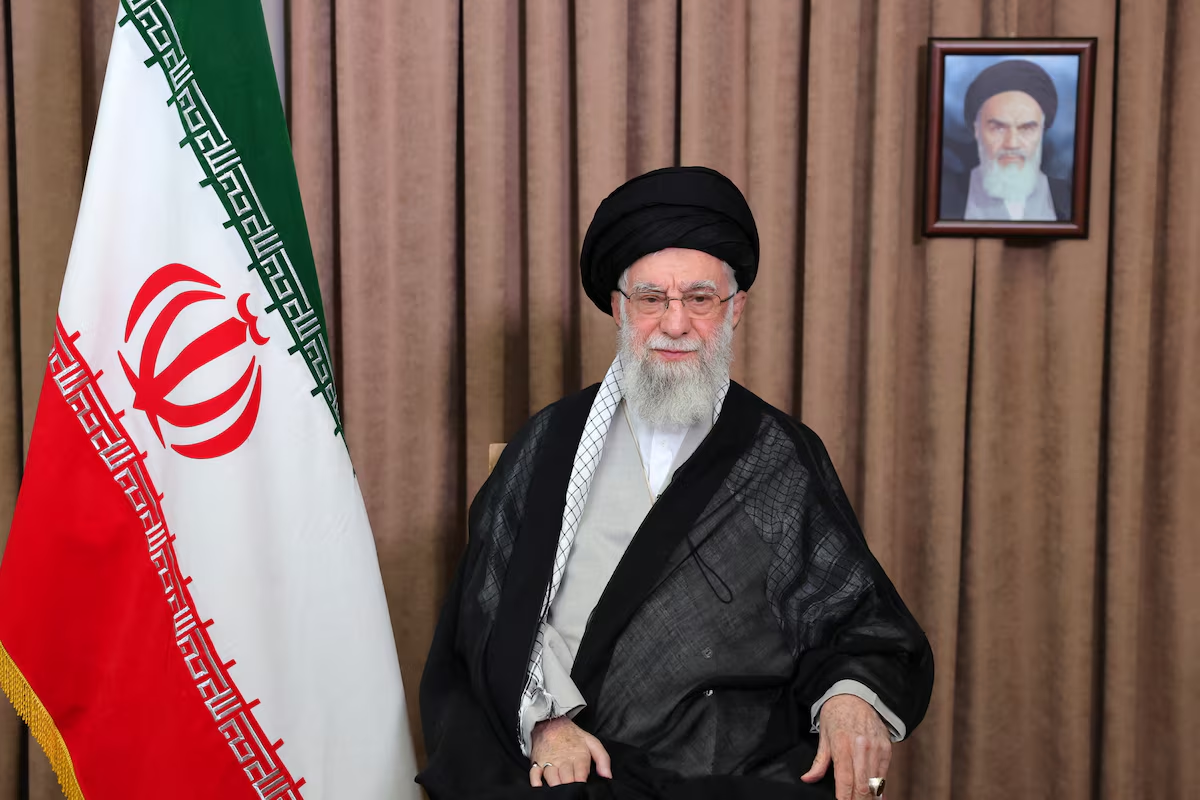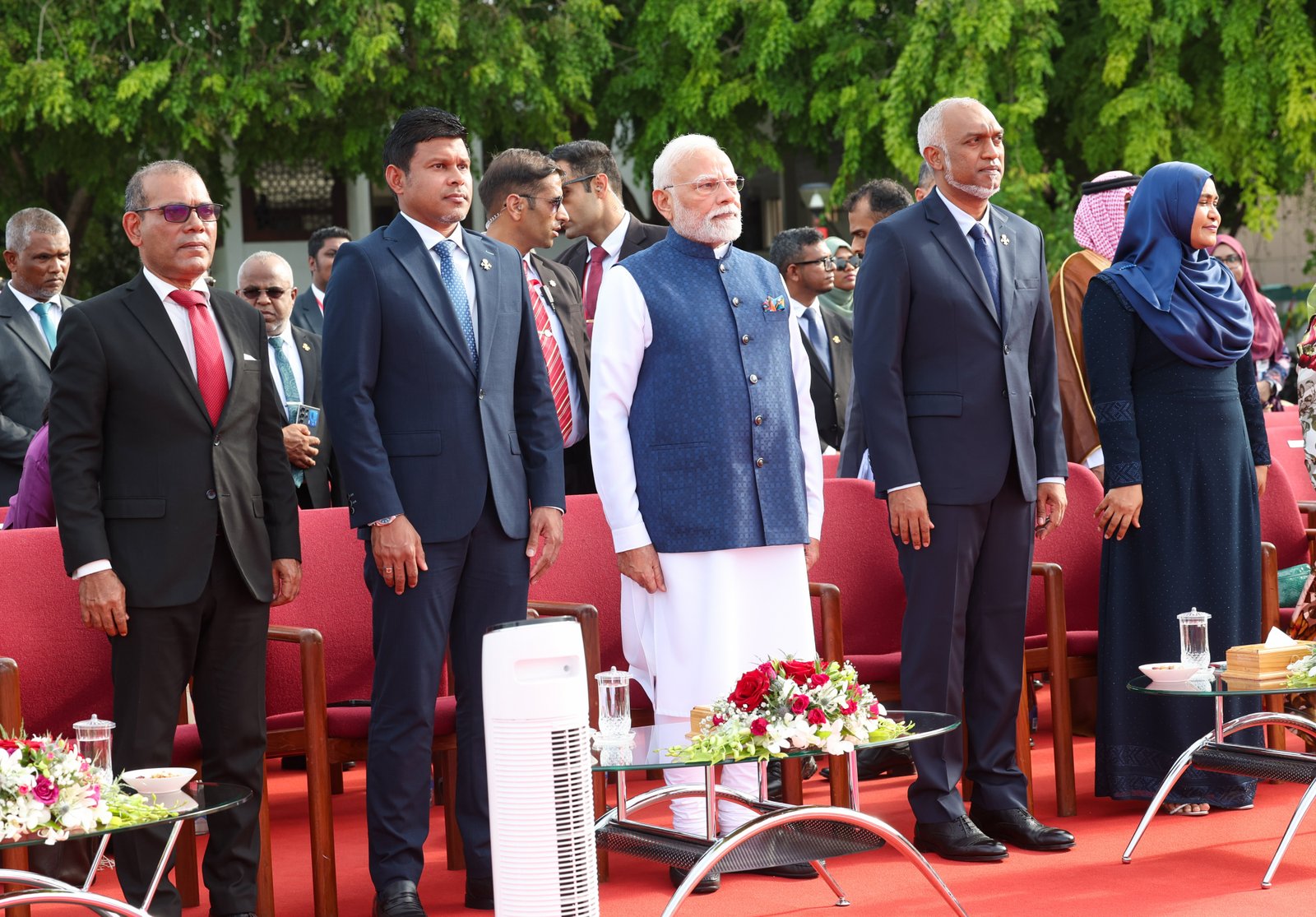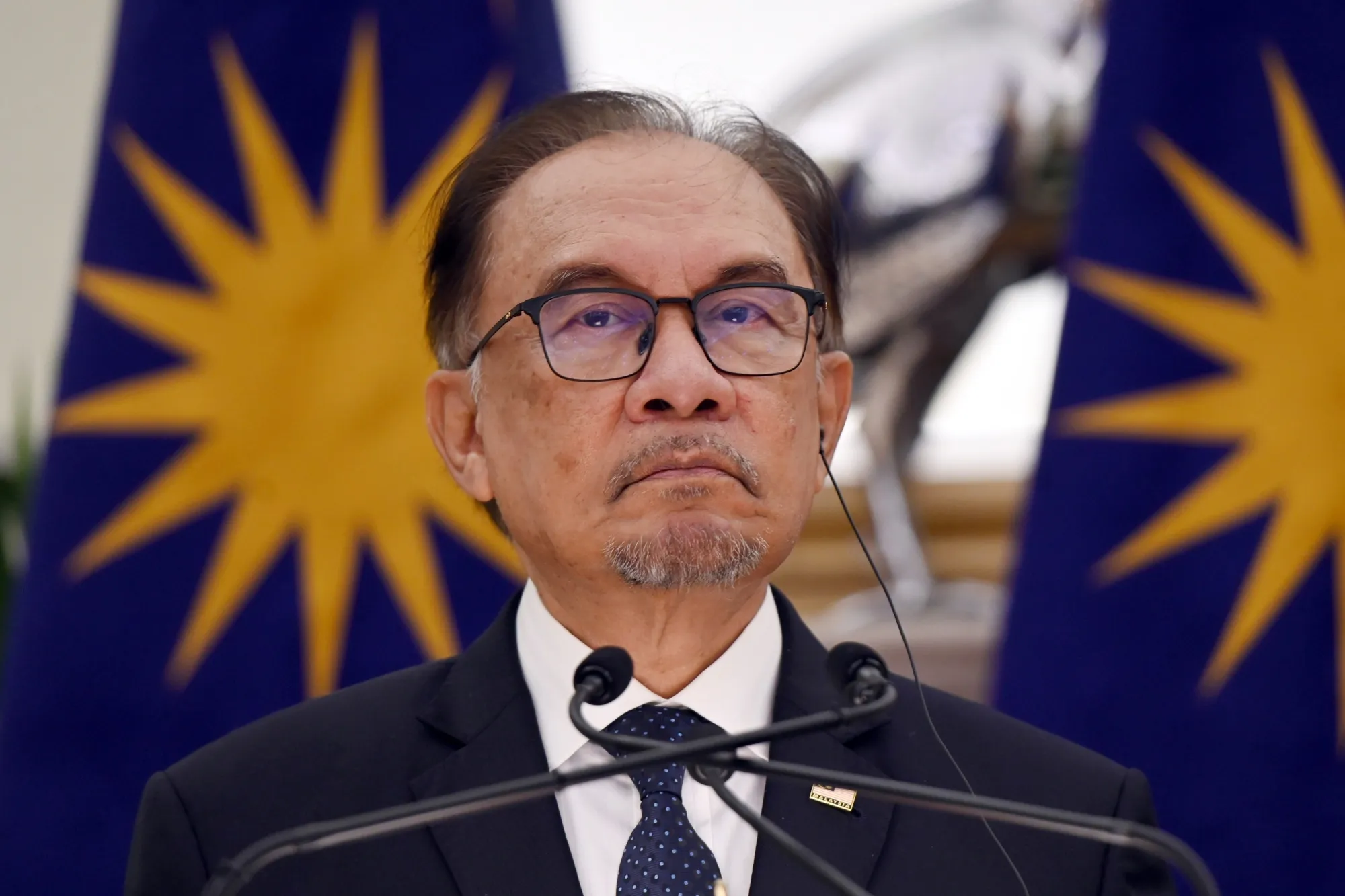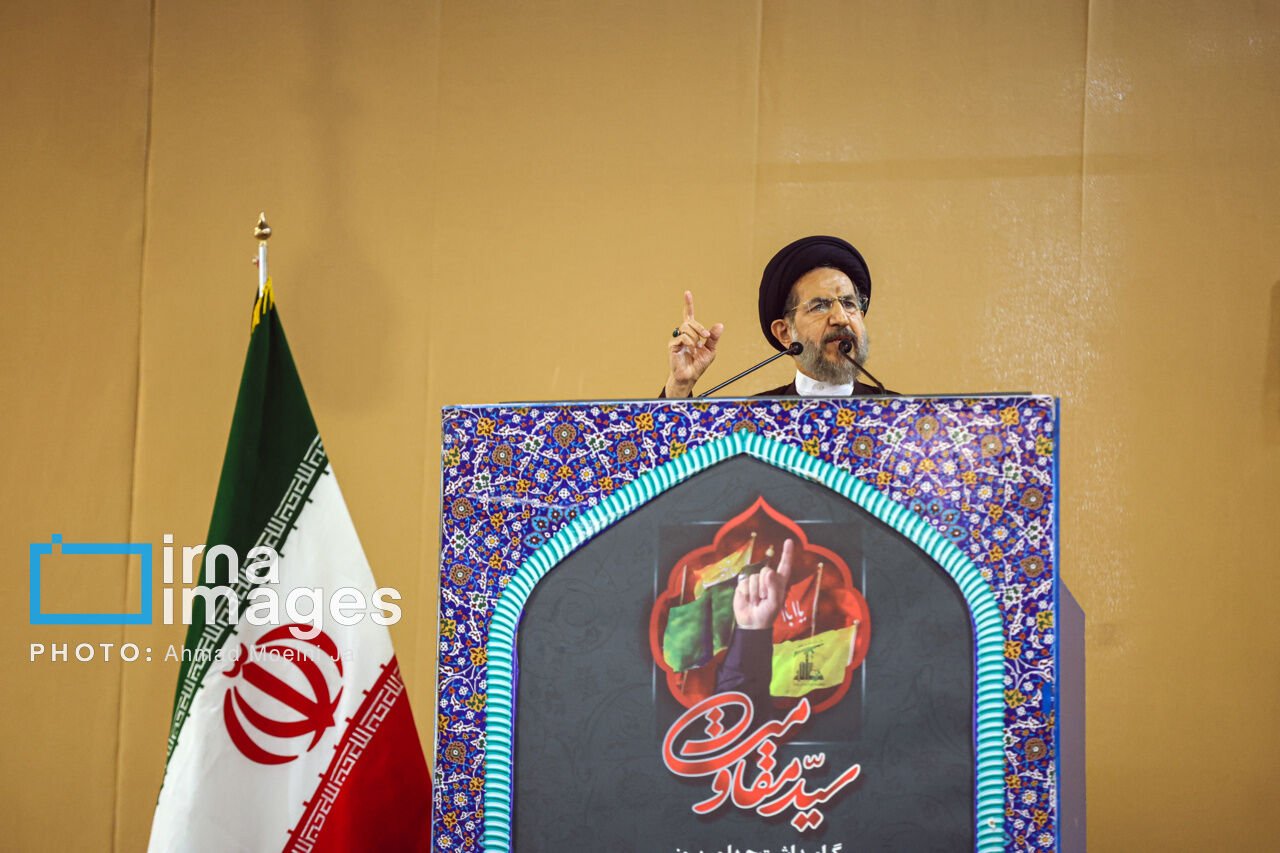“I am deeply disappointed in Putin, but I still want to give him more chances” – President Donald Trump
President Donald Trump has expressed deep disappointment in Russian President Vladimir Putin but clarified that he is not severing ties and still wants to give Putin “a few more chances.” In an interview with the BBC on Tuesday, Trump said:
“I am deeply disappointed in Putin, but I still want to give him more chances” – President Donald Trump
“I am deeply disappointed in Putin, but I still want to give him more chances” – President Donald Trump
[Washington, July 15, 2025] – U.S. President Donald Trump has expressed deep disappointment in Russian President Vladimir Putin but clarified that he is not severing ties and still wants to give Putin “a few more chances.”
In an interview with the BBC on Tuesday, Trump said:
“I’m disappointed in him [Putin], but I’m not ending things just yet. Still, I am disappointed.”
Trump explained that although they have had several constructive phone calls, these were followed by Russian missile strikes on the Ukrainian capital, Kyiv.
“We have great conversations. I think, ‘Okay, looks like we’re close to an understanding.’ And then I see he’s flattened a building in Kyiv. It keeps happening.”
The Dilemma: Firm Principles vs Preserving Relations
Trump’s remarks come at a time when his administration has announced new military aid for Ukraine and warned of imposing up to 100% tariffs on countries that continue trading with Russia.
Though this stance appears to contradict Trump’s long-held belief in “personal diplomacy,” experts believe it reflects his growing impatience with Putin.
“Not the End, But a Tough Message”
Political analysts view Trump’s soft-hard approach as an attempt to maintain diplomatic channels while applying visible pressure on Putin to return to the negotiating table.
The White House did not immediately respond to a Reuters request for comment on the matter.
Context: New Sanctions and Arms Supplies
On Monday, Trump announced a major policy decision by his administration, stating that the U.S. will send new weapons to Ukraine for its self-defense—but the cost must be borne by European allies.
He also warned that if Russia does not agree to a peace deal within 50 days, countries purchasing Russian goods will face punitive tariffs.
This combination of tough rhetoric and personal disappointment underscores the complex nature of the Trump-Putin relationship—marked by diplomatic engagement on one side and strategies of military and economic pressure on the other.


